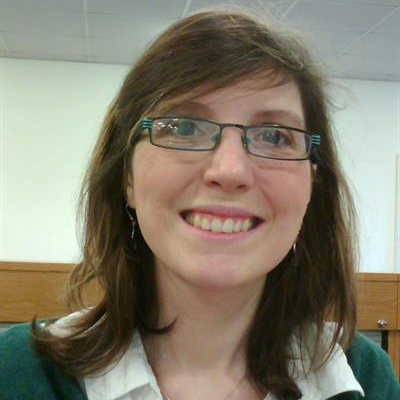Rachel Moseley is principal academic in psychology at Bournemouth University in the United Kingdom. Her research centers around issues that autistic adults face, including mental ill-health, suicidality, self-injury, aging and late diagnosis. She also investigates aspects of cognition and social communication in autistic people and how these differ depending on personal characteristics, such as sex.

Rachel Moseley
Principal academic
Bournemouth University
From this contributor
Autism and menopause: Q&A with Rachel Moseley and Julie Turner-Cobb
Menopause poses significant challenges for autistic people, according to a small survey published in 2020 — the first to explore the transition among people with autism traits.

Autism and menopause: Q&A with Rachel Moseley and Julie Turner-Cobb
Autism and eating disorders may have an emotional connection
Eating disorders have the highest mortality rates of any kinds of mental illness. They don’t discriminate, affecting people of all ethnicities, sexualities, gender identities, ages and backgrounds.

Autism and eating disorders may have an emotional connection
Explore more from The Transmitter
Organoid study reveals shared brain pathways across autism-linked variants
The genetic variants initially affect brain development in unique ways, but over time they converge on common molecular pathways.

Organoid study reveals shared brain pathways across autism-linked variants
The genetic variants initially affect brain development in unique ways, but over time they converge on common molecular pathways.
Single gene sways caregiving circuits, behavior in male mice
Brain levels of the agouti gene determine whether African striped mice are doting fathers—or infanticidal ones.

Single gene sways caregiving circuits, behavior in male mice
Brain levels of the agouti gene determine whether African striped mice are doting fathers—or infanticidal ones.
Inner retina of birds powers sight sans oxygen
The energy-intensive neural tissue relies instead on anaerobic glucose metabolism provided by the pecten oculi, a structure unique to the avian eye.

Inner retina of birds powers sight sans oxygen
The energy-intensive neural tissue relies instead on anaerobic glucose metabolism provided by the pecten oculi, a structure unique to the avian eye.